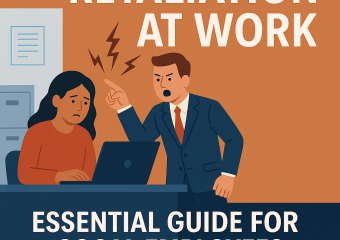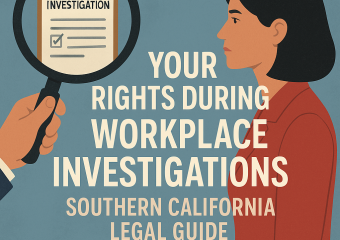Smart Legal Moves: Tips Every SoCal Resident Should Know
Smart legal moves are essential for every Southern Californian looking to navigate the intricacies of state and local laws effectively. Whether you’re a new resident or a long-time local, understanding your legal rights and responsibilities can save you from potential headaches and financial losses. This article offers practical tips to stay informed and prepared for common legal situations that residents in this vibrant region may encounter.
Know Your Rights as a Tenant
Southern California’s rental market is as dynamic as it is expensive. With the vast population residing in rental properties, knowing tenancy laws is crucial for both tenants and landlords. California law provides robust tenant protections, including issues related to rent control, eviction processes, and security deposits.
As a tenant, it’s important to familiarize yourself with the specifics of the “California Tenant Rights Laws.” These laws stipulate what landlords can and cannot do, the procedural requirements for rent increases, and the legal justifications for evicting a tenant. Always ensure that rental agreements are in writing and fully understand the terms before signing. This simple step can prevent many common misunderstandings and legal issues down the road.
Dealing with Traffic Laws and Vehicle Regulations
Southern California is infamous for its traffic and strict vehicular regulations. From the bustling freeways of Los Angeles to the scenic coastal roads, understanding traffic laws can significantly impact your daily commute and overall road safety.
Penalties for traffic violations in California can be severe, including hefty fines, points on your driver’s license, and even suspension in some cases. Familiarize yourself with common rules and regulations such as speed limits, DUI laws, and the state’s hands-free cell phone rule. Remember, California is a state that requires car insurance, and driving without it can lead to serious legal consequences.
Navigating Employment Laws
Employment law in California includes provisions that often provide greater protection to employees compared to federal law. Key areas such as minimum wage, overtime payments, and protections against harassment and discrimination are governed by state laws that every working resident should know.
California’s minimum wage law is set to progressively increase until it reaches $15 per hour for all employees. Understanding these increments and additional rights concerning meal breaks, rest periods, and leave entitlements can empower workers and ensure they receive fair treatment.
Estate Planning Essentials
For residents of Southern California, estate planning is another crucial legal consideration. Given the high asset values in regions like Los Angeles, Orange, and San Diego counties, having a clear and legally sound estate plan can prevent future disputes and ensure your assets are distributed as you wish.
Consider making essentials such as a will, a durable power of attorney, and an advance health care directive. These documents can protect your interests in times of health crises and ensure your estate is handled according to your wishes after your death.
Engage with Local Legal Resources
Many legal institutions and resources in Southern California offer assistance and guidance on various legal matters. From local bar associations providing lawyer referral services to legal aid societies offering support for low-income residents, taking advantage of these resources can provide invaluable help. Additionally, many universities and law schools in the region offer clinics where law students provide legal services under the supervision of experienced attorneys at low or no cost.
Conclusion
Smart legal moves can safeguard you from many predictable difficulties faced by residents of Southern California. Whether it’s setting up the right tenancy agreement, navigating through traffic laws, understanding employment rights, or planning your estate, staying informed and prepared is your best defense. Utilize local resources, stay updated on changes in laws, and consider consulting with legal professionals when necessary. By taking these steps, you can protect your rights and enhance your life in this dynamic region.




